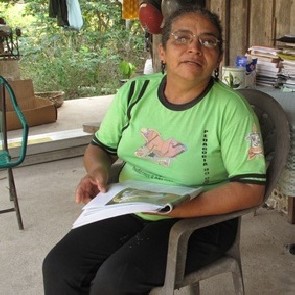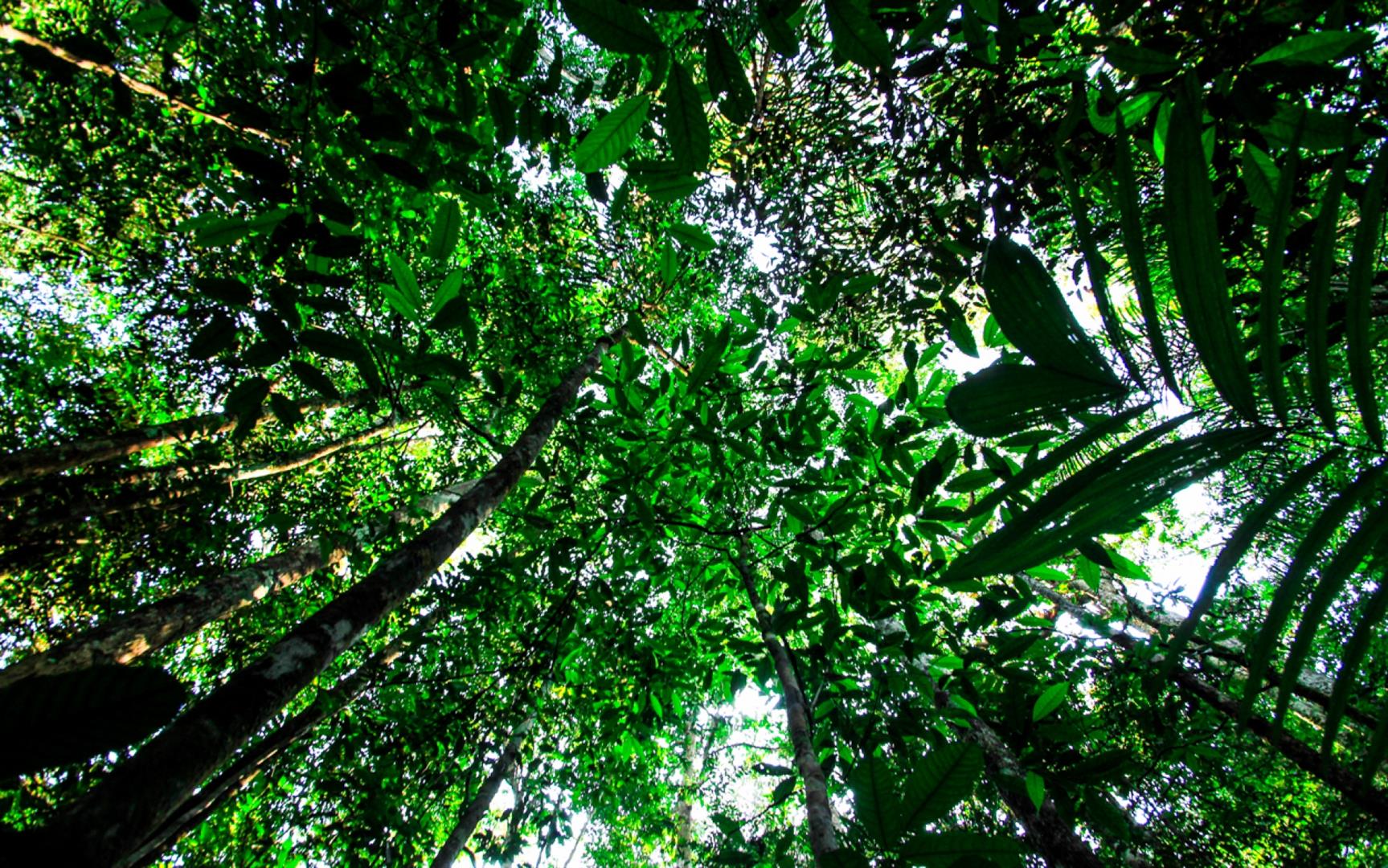
Maria do Espírito Santo da Silva
Maria do Espírito Santo da Silva was a rural leader killed in Nova Ipixuna, in the state of Pará, Brazil, on 24 May 2011. She and her husband, José Cláudio, were shot dead by gunmen in an ambush on the road leading to the Praia Alta-Piranheira Agro-extractive Settlement Project, where they lived. The couple's bodies were found inside the Praialta-Piranheira reserve, where they had worked in defence of the forest and human rights for 24 years.
They were both local leaders at the Praia Alta-Piranheira Agro-extractive Project, home to about 500 families. They had received death threats for years as a result of their work in defence of the forest and human rights, from loggers, charcoal businesses and cattle ranchers in the region. This type of illegal deforestation continues to advance constantly in the area of the Settlement Project to extract noble species of wood, such as the castanheira, angelim and jatobá.
Weeks before they were killed, José Claudio and Maria suffered an attempted killing in their home. In November 2010, at an international conference in Manaus, José Cláudio Ribeiro da Silva expressed concern for their safety, as a result of threats he had received, and predicted that he would be killed as a result of his work. José Cláudio and Maria informed the Public Prosecutor's Office of the name of loggers from Jacundá and Nova Ipixuna, who were pressuring the settlers and had invaded their lands to illegally remove timber. An investigation was opened against a number of loggers in the region, and IBAMA (Brazilian Environmental Agency) even conducted a research that detected illegal logging in the Settlement region, which resulted in the closure of a number of illegal sawmills. Despite denouncing the threats they suffered to the authorities on several occasions, José Cláudio and Maria do Espírito Santo had never received police protection.
Maria do Espírito Santo and her husband José Cláudio were also members of the National Council of Extractive Populations (CNS), an NGO founded by Chico Mendes, and were fighting for the preservation of forests in the Amazon. The Agro-extractive Settlement residents lived and produced on a plot of land of approximately 20 hectares, 80% of which were preserved forests.


